Publications
search by
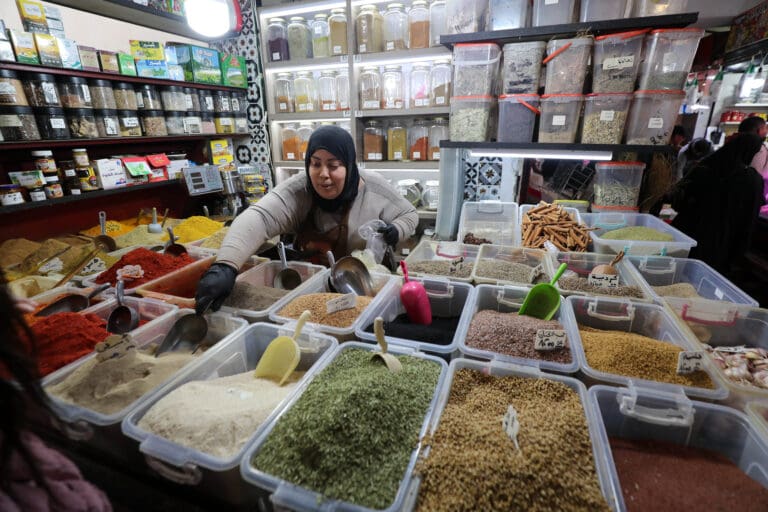
In the wake of the Syrian conflict, Algeria has emerged as an unexpected host for tens of thousands of Syrian nationals. While it has not positioned itself as a major refugee hub, the country today is home to an estimated 50,000 Syrians, a significant popula-tion that has shifted from viewing Algeria as a transit point to embracing it as a place of long-term residence.
learn more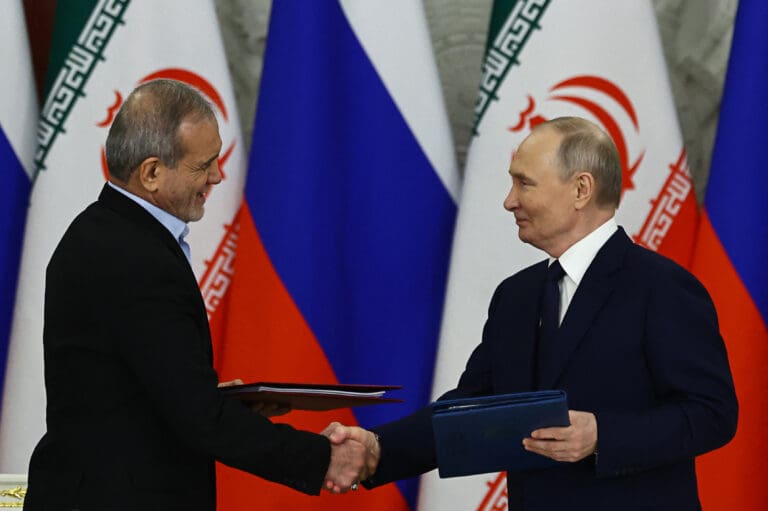
On January 17, 2025, Russian President Vladimir Putin and Iranian President Masoud Pezeshkian signed a Comprehensive Strategic Partnership Treaty in Moscow. The agreement is aimed at strengthening bilateral relations over the next 20 years. Reportedly delayed by the death of Pezeshkian’s predecessor Ebrahim Raisi in May 2024 and disagreements over details, the treaty came at a time of heightened geopolitical tensions for both countries and was hailed by officials in Tehran and Moscow as a sign of deepening strategic alignment.
learn more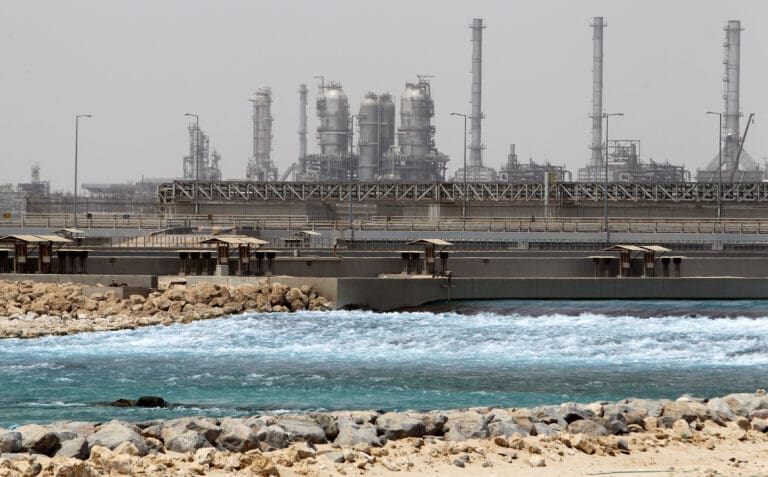
For decades, Qatar has occupied a unique position on the global stage: with vast natural gas reserves, the nation has the world’s highest per capita carbon emissions, yet it only contributes, and has contributed, minimally to global greenhouse gas totals. This conundrum lies at the heart of Qatar’s climate challenge—a balancing act between leveraging its hydrocarbon wealth and responding to the mounting global pressure to decarbonize
learn more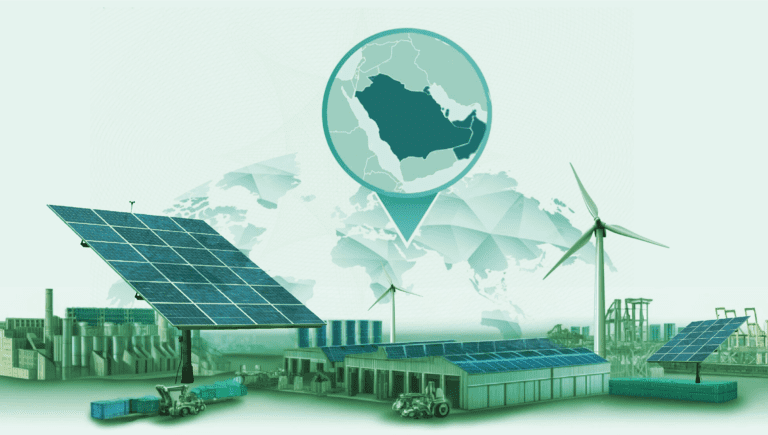
Despite their abundant oil and gas wealth, the member states of the Gulf Cooperation Council (GCC) are cautiously navigating the energy transition. Growing international pressure for decarbonization, falling solar and wind technology costs, and the economic imperative to diversify beyond oil have led them to explore renewable energy supply chains to diversify their economies and enhance their energy security
learn more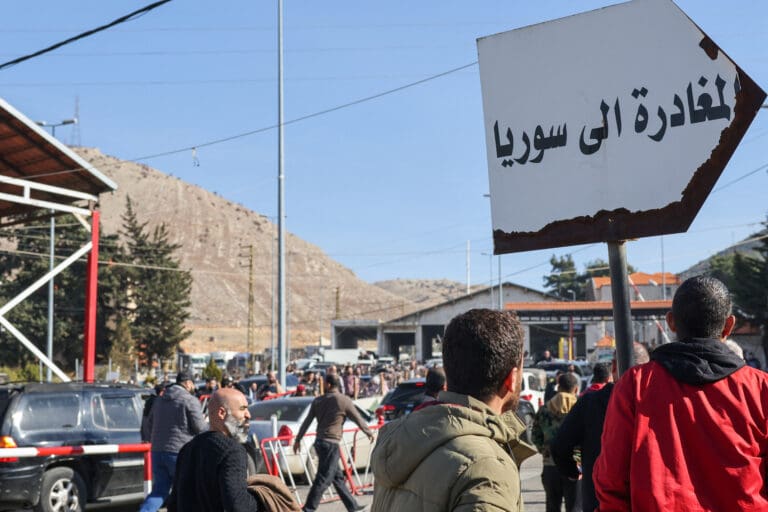
The fall of the Assad regime after almost 14 years of war has brought hope to many Syrian refugees that a long-awaited return home is possible. The shift also comes as welcome news for the governments of host countries—not least Syria’s neighbor Lebanon, where politicians have long claimed that the presence of hundreds of thousands of refugees places a heavy burden on scarce resources.
learn more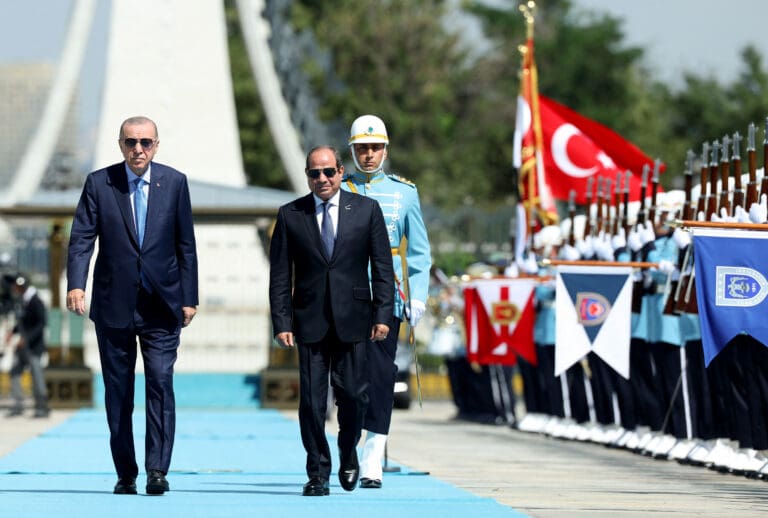
In February 2024, President Recep Tayyip Erdoğan visited Egypt for the first time since 2012, effectively ending more than a decade of political and diplomatic rupture between Egypt and Türkiye.
learn more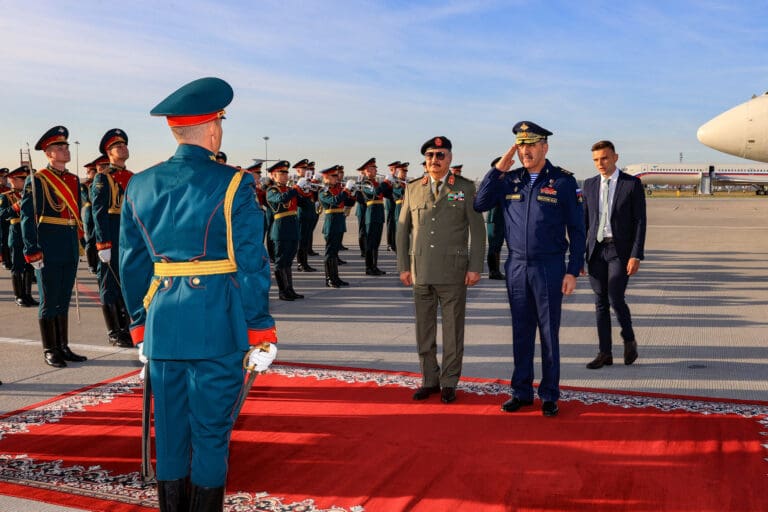
Russia and Türkiye have emerged as simultaneous geopolitical rivals and partners in conflicts across the Middle East, North Africa, the Caucasus, and Europe. Despite being on opposing sides in Syria, Libya, Nagorno-Karabakh and Ukraine, Moscow and Ankara have managed to maintain cooperation and effectively navigate these conflicts to their mutual advantage.
learn more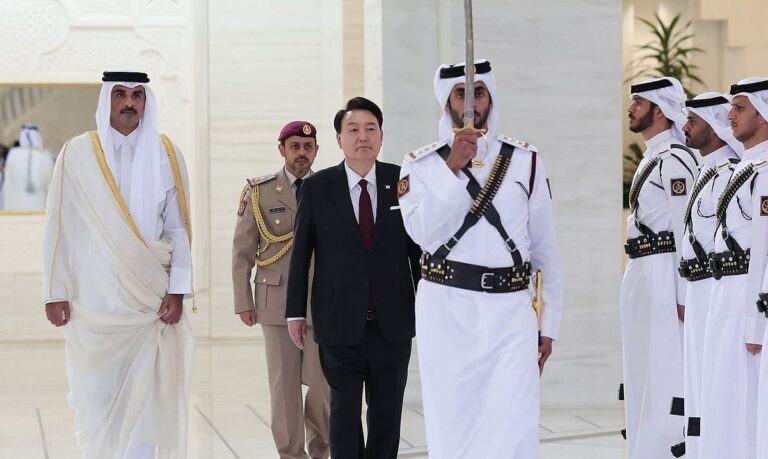
The Trump administration increasingly views its foreign policy through a mercantilist lens, exerting pressure on long-term allies to buy more American products and services and invest in the United States. As part of the administration’s efforts to reduce its trade imbalances, Washington is stepping up pressure on allies and partners, such as the Republic of Korea (ROK), to purchase American liquefied natural gas (LNG) and invest in U.S. LNG projects
learn more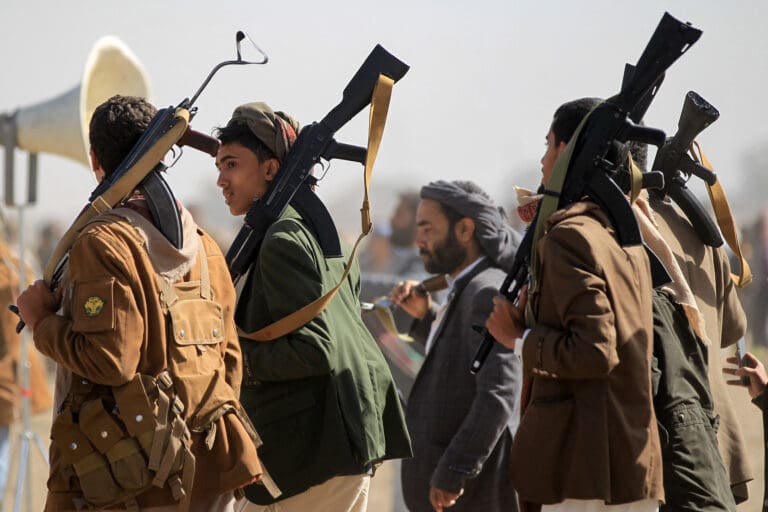
Over a decade of relentless conflict, Yemen’s longest modern war, has fundamentally shattered the country’s social, economic, and political foundations. Famine, extreme poverty, and economic collapse have pushed Yemenis to make grim choices to survive, including joining smuggling networks, working illegally in neighboring countries, or signing up to fight for a wage in conflicts well beyond Yemen’s borders.
learn more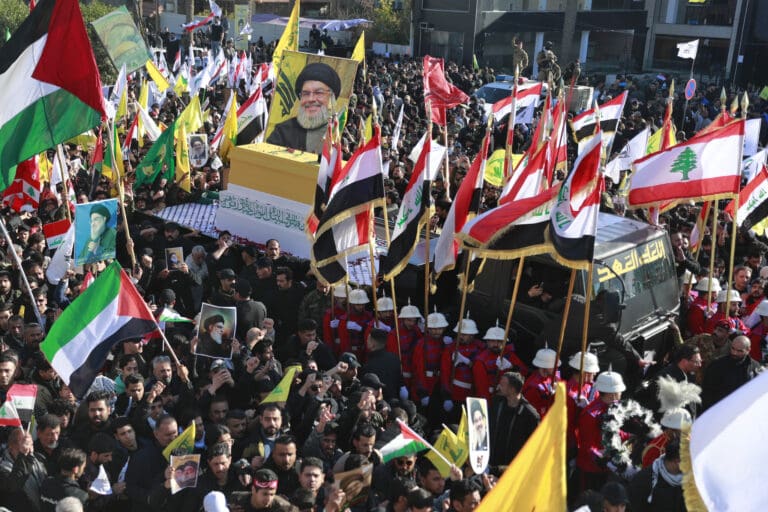
In 2024, Iran’s efforts to gain strategic depth in the Middle East suffered a series of crippling blows. For decades, the Islamic Republic extended patronage to Hamas in the Gaza Strip and Hezbollah in Lebanon, and came to Bashar al-Assad’s aid from 2011 onwards to protect his regime in Syria against armed rebel groups. This strategy, initially aimed at expanding Iran’s regional influence, morphed into a network of deterrence to ward off U.S. and Israeli attacks on Iranian soil.
learn more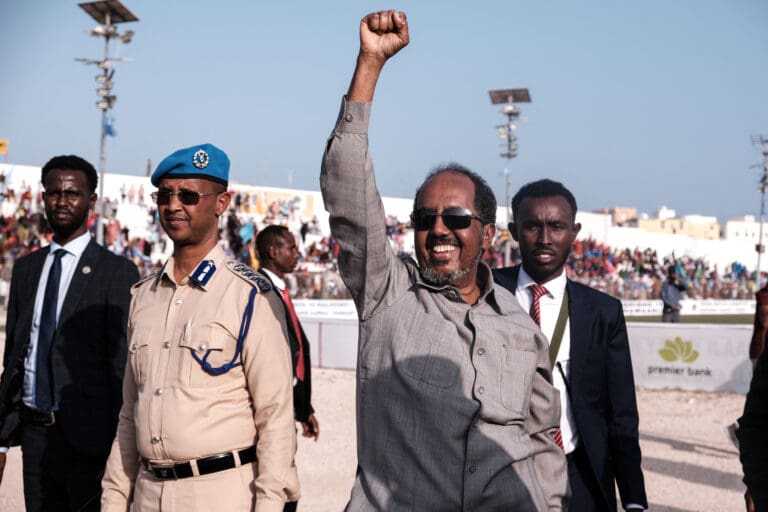
Somalia’s political development has undergone significant transformations, characterized by periods of civilian governance (First Republic), military dictatorship (Second Republic), and a transitional or post-transition state-building era (Third Republic). This policy note calls for preserving the Third Republic and preventing the emergence of parallel administrations and further fragmentation within the country
learn more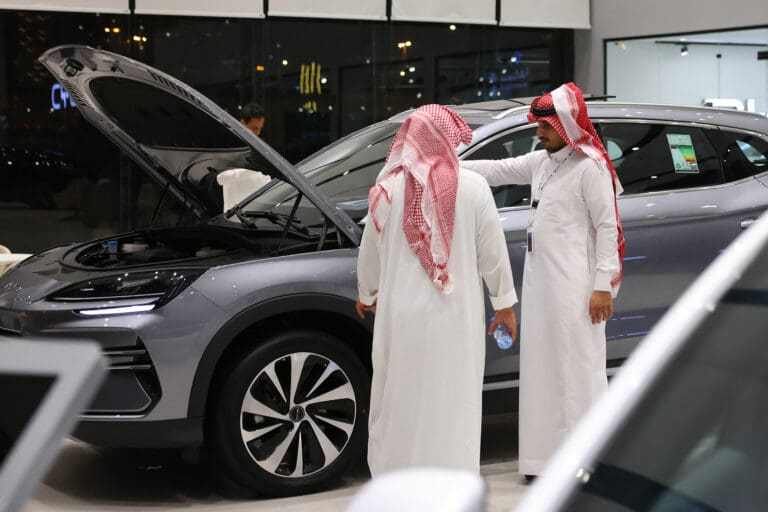
As the Gulf states set their national strategies for digital and green transitions, electric vehicles are flooding into the traditionally fossil fuel-driven auto markets of the Gulf — especially in the Kingdom of Saudi Arabia, the United Arab Emirates, and Qatar.
learn more

